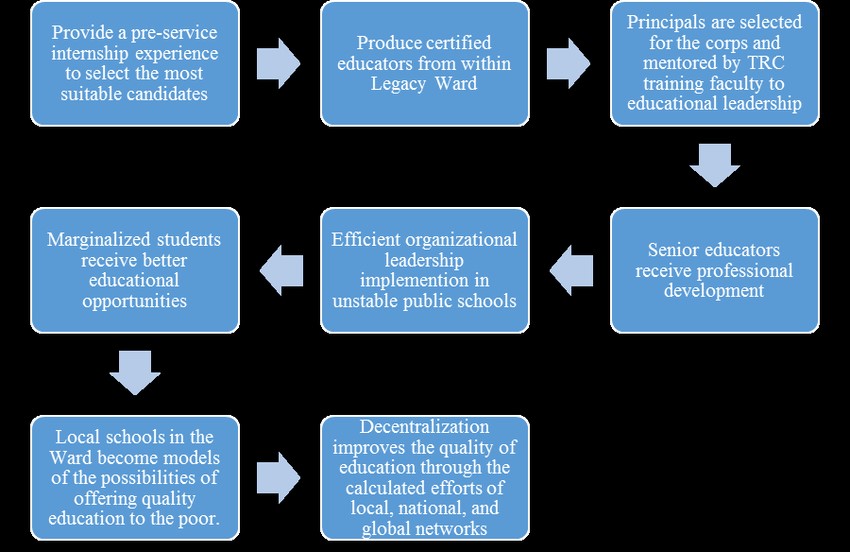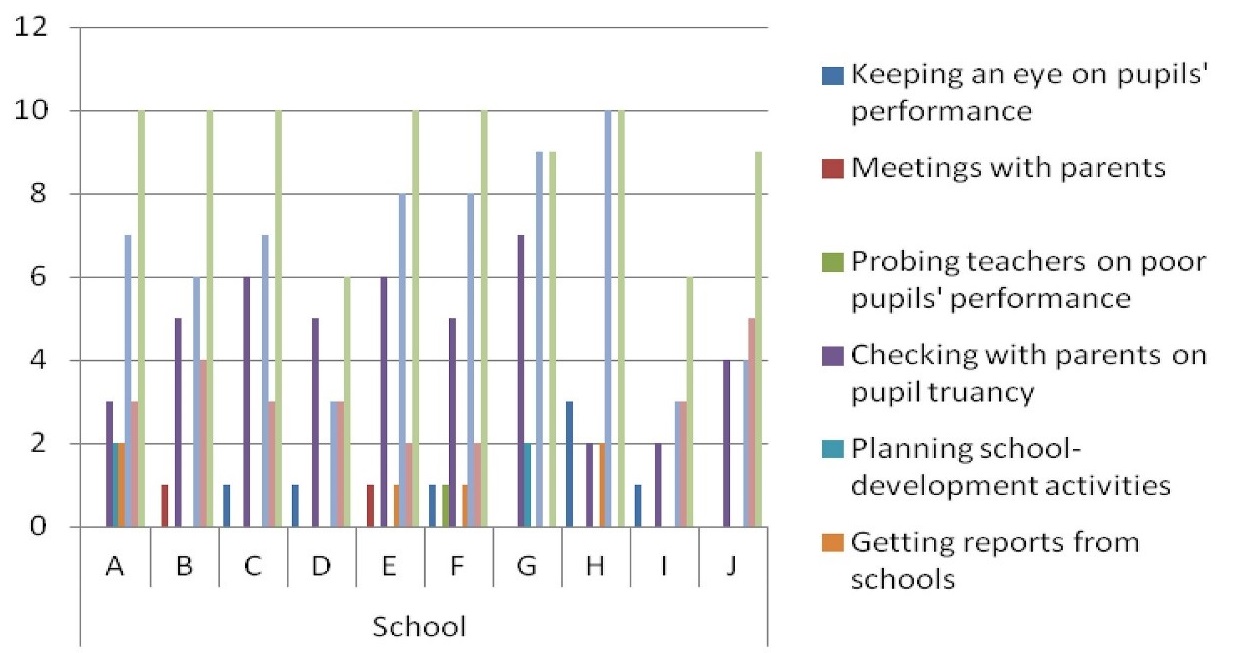The basics of how children will learn and remain consistent often include building playful learning experiences. In a decentralized education system, the power of imparting and learning knowledge does not belong to one but all. The education ministries do not dictate and limit learning thereby inspiring curiosity and innovation. Decentralization in education thus allows individuals to learn their way directly from the professionals they aspire to be.
What Is Decentralization?
Decentralization refers to the process of transferring financial and administrative decision-making authority from the Central education Ministries to local communities, government, and schools. It is a popular form of deconcentration to give additional responsibilities to schools.
Often known as school autonomy, it empowers the school directors and teaching faculty to make decisions within the school. Decentralized education unfolds with the promise of being more efficient, reflecting better local priorities, improving learning outcomes and teaching quality, and encouraging stakeholder participation.
Why Should Education Be Decentralized?
In a centralized education system, degrees take years to acquire, and students are required to conform to the expectations of the program they are pursuing to get certified. Since the courseware is strictly governed it is often outdated and with technology changing constantly, it seems to be an old-school approach.

Moreover, teachers of the centralized realm are forced to ignore concepts that are not a part of standardized testing. Students who are passionate about a particular subject matter are still required to learn everything expected of them. And since the decisions regarding these expectations are not set by them, it becomes difficult to acquire real-world skills and apply them.
Decentralization of education in that sense truly shines. This is because it gives the power back to the consumer. There are no governing bodies that decide what and how content should be taught or learned. Furthermore, teachers also get a free hand in curating content and since there are no specific requirements for teaching degrees and certifications, they can just look for ways to share their knowledge with others.
Decentralization in education can substantially improve transparency, efficiency, responsiveness, and accountability of service provision as compared to centralized education systems.
Decentralization Impact On Student Achievement
The evidence related to the impact of decentralization on education services is limited. Research reveals that simply transferring power from territorial and provincial governments to local school management is not sufficient to improve achievement. However, increased autonomy for teachers and school communities is necessary to improve learning. Moreover, adequate support should be offered to enhance schools’ education system.

Here is how decentralization can have a positive impact when done correctly:
- Greater Accountability
If decentralization is targeted to increase local participation in school management, it will improve accountability and responsiveness to student needs. This will in turn foster better use of resources thus improving the learning conditions of the students.
- Self-Made Decisions
Decentralization can build closer school-parent relationships that can improve learning in both home and classroom environments. Moreover, this collaboration can elicit self-made decisions and commitment with greater accountability on the part of principals and teachers who are working to make the best decisions for transforming school learning and educational operations.
- Better Classroom Instructions
One positive outcome of decentralization is that teachers are longer limited to what they should teach and how they should teach. They have a free hand in deciding their own content and creating their own materials and lesson plans. Owing to this, teachers feel more and more involved, thus making classroom instructions enjoyable and fun.
- Better Student Performance
When teachers are empowered and engaged in the education process, they impart better and more learning outcomes. Furthermore, the collaboration from the parents in the form of feedback and ideas leads to better student achievement. Moreover, teachers' reforms of involving parents in the school community have greatly reduced absenteeism which in turn offers greater fulfillment of learning objectives.
Decentralization At Its Best
Education decentralization demands the harmonization of complex functions of formal and non-formal education. Issues regarding the evolution and deployment of decentralization are still debatable and there are many ongoing experiments all around the world to evaluate the impact of this education system.
While the impact of management reforms still needs time to unfold, further empirical analysis is required as to how successful these reforms are and will be in the future. While the current consensus shows that the involvement of the local council in school management improves responsiveness and fosters resource mobilizations, there are still a lot of mindset restraints that need to be catered to.
If you are a school administrator or director and are willing to employ decentralization in your educational institution, consider pursuing a Certificate in Educational Administration & Management to learn the highs and the lows.









